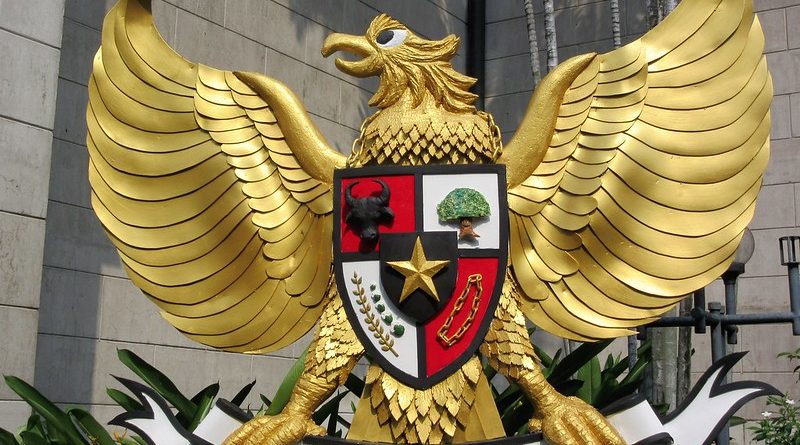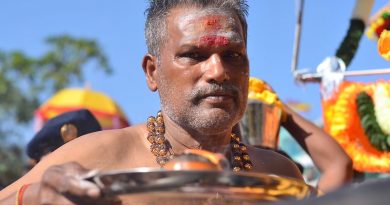Pancasila: Indonesia’s Unique State Philosophy
Pancasila was formulated by the Indonesian nationalist leader Sukarno, in 1945 to articulate the principles that would guide the new independent Indonesian state.
Prepared during the World War II occupation by the Japanese , Sukarno argued that the future Indonesian state should be based on Five Principles: Indonesian nationalism; internationalism, or humanism; consent, or democracy; social prosperity; and belief in one God.
Despite constitutionally guaranteeing freedom of religion, five religions are enshrined : Islam, Christianity, Hinduism, Buddhism and Confucianism. Others , such as Judaism, Zoroastrianism, Shinto, and Taoism are also accepted,
Although there is no apostasy law preventing Indonesians( link Indonesia DG) from converting to any religion, Indonesia does not recognise agnosticism or atheism, and blasphemy is considered illegal.
About 87 per cent of Indonesians identify themselves as Muslim,10 per cent Christians and most of the remaining 3 per cent Hindu, Buddhist, or Confucian.
The national emblem or coat of arms of Indonesia is called Garuda Pancasila. The main part is the Garuda with a heraldic shield on its chest and a scroll gripped by its legs. The shield’s five emblems represent Pancasila, the five principles of Indonesia’s national ideology.




